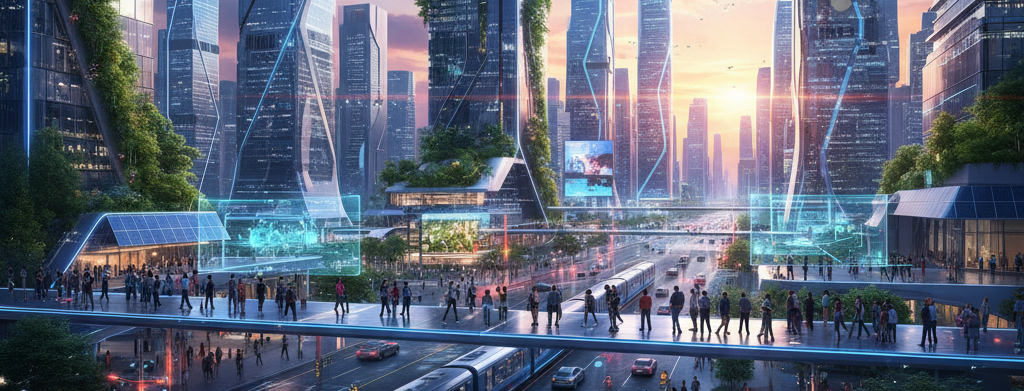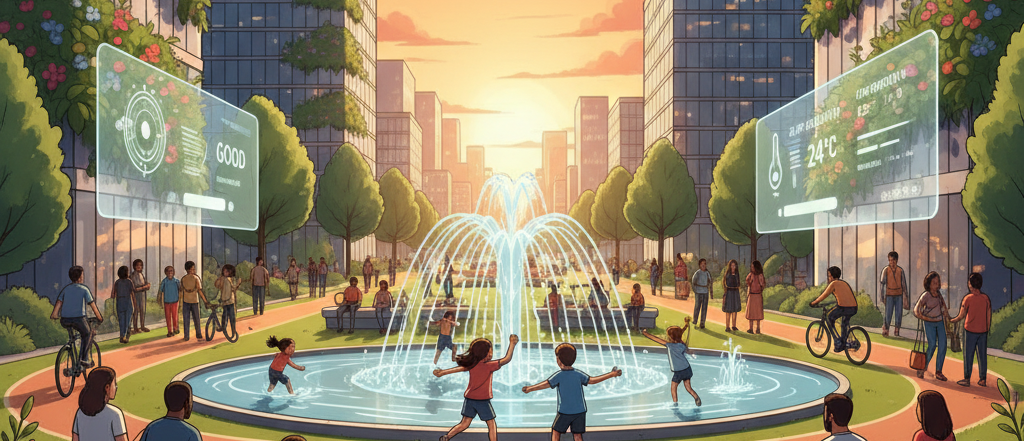As urbanization accelerates in 2025, with over 60% of the global population residing in cities, the concept of smart cities is revolutionizing how we envision communal living, efficiency, and environmental harmony. Integrating IoT, AI, and big data, these urban hubs aim to address challenges like congestion, pollution, and resource scarcity, fostering a worldview that prioritizes innovation, inclusivity, and resilience. From Singapore’s seamless digital infrastructure to emerging projects in Africa, smart cities are redefining global urbanism as interconnected ecosystems.

Historical Evolution and Technological Foundations
The roots of smart cities trace to the 1990s with early digital urban planning, but the 2010s saw explosive growth fueled by advancements in sensors and connectivity. By 2025, initiatives like the EU’s Smart Cities and Communities program and China’s “sponge cities” for flood management exemplify this evolution. These build on historical urban designs—think ancient Roman aqueducts—but with modern twists: real-time data analytics optimizing traffic via apps like Waze or energy grids powered by renewables.
From a worldview lens, this shift emphasizes collective intelligence over individualism, where citizen data contributes to public good, though it sparks debates on privacy and surveillance.
Social and Environmental Benefits
Smart cities enhance quality of life through features like intelligent lighting that reduces energy use by 40% or predictive maintenance for public transport. In places like Barcelona, sensor networks monitor air quality, promoting healthier environments and equitable access. Socially, they bridge divides: affordable housing integrated with green spaces in projects like Masdar City in the UAE foster community cohesion.
Environmentally, the focus on circular economies—recycling waste into resources—aligns with global sustainability goals, mitigating climate impacts in vulnerable megacities like Mumbai or Lagos.

Challenges and Ethical Considerations
Despite promise, hurdles remain: high implementation costs exclude developing regions, widening the digital divide. Cybersecurity threats, as seen in recent hacks on urban systems, underscore vulnerabilities. Ethically, a balanced worldview demands inclusive governance, ensuring AI decisions don’t perpetuate biases against marginalized groups.
International collaborations, such as the UN’s Sustainable Development Goal 11, push for equitable smart urbanism, blending tech with human-centered design.
Vision for Tomorrow
In 2025, smart cities invite a forward-looking worldview, where technology serves humanity and the planet. As pilots expand to vertical farming and autonomous mobility, they could inspire a global urban renaissance, turning concrete jungles into thriving, adaptive habitats.
